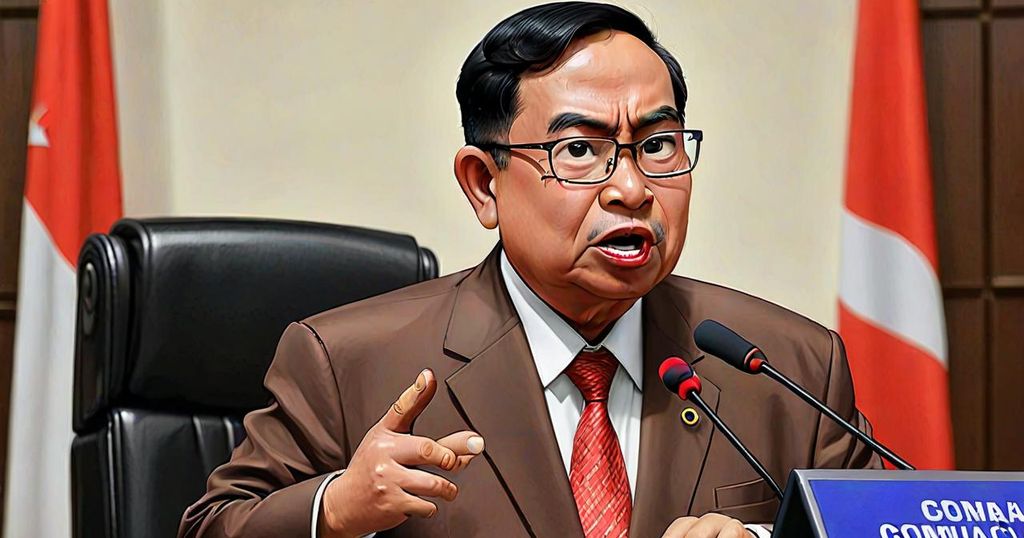The recent resignation of Semuel Abrijani Pangerapan, the director general of applications and information at Indonesia’s communication ministry, comes in the aftermath of a cyberattack on June 20 that caused a major disruption in public services, including the immigration system at airports. With a sense of accountability, Semuel expressed his apology and acknowledged his moral responsibility for the breach after serving in his role for eight years. This decision to step down was made to pave the way for someone who can address and prevent similar incidents in the future.
The cyberattack has generated significant public outcry, including calls for Communications Minister Budi Arie Setiadi to resign, with an online petition garnering over 25,000 signatures, citing his lack of accountability in addressing the recurring cyberattacks. President Joko Widodo has assured a full audit of the incident to protect sensitive data across government agencies.
The hacker group behind the cyberattack demanded a ransom of US$8 million, later issuing an apology and providing a decryption key to unlock the stolen data, despite the government’s refusal to pay. The communication ministry has confirmed the functionality of the decryption key and is actively working on system restoration, with only 2% of the data salvaged so far.
Cybersecurity researcher Beltsazar Krisetya emphasized Indonesia’s vulnerability in data protection, pointing out the regulatory, institutional, and technical aspects of the country’s data protections as being in limbo, making breaches and ransomware attacks a foreseeable occurrence.
The aftermath of the cyberattack has severely affected Indonesia’s immigration system, leading to long queues at airport immigration desks and impacting other systems such as the electronic procurement registry and online applications for scholarships and tuition aid.
A growing demand for greater accountability from government officials, particularly from the communications and information ministry, has surfaced in response to these developments. The public sentiment on social media reflects the call for resignations and a more stringent approach to cybersecurity measures.
Looking ahead, the incoming government must consider merit and expertise in selecting the next communications and information minister, with a comprehensive understanding of telecommunication, media ecosystem, content moderation, and ICT elements being essential in addressing technical and policy-related challenges in the realm of cybersecurity.
In conclusion, the resignation of Indonesia’s top communications ministry leader following the cyberattack serves as a stark reminder of the critical need for robust cybersecurity measures and transparent accountability in the face of evolving technological threats.

Leave a Reply